A Conversation With Catalin Briciu Co-CEO and Co-Founder at Linnify
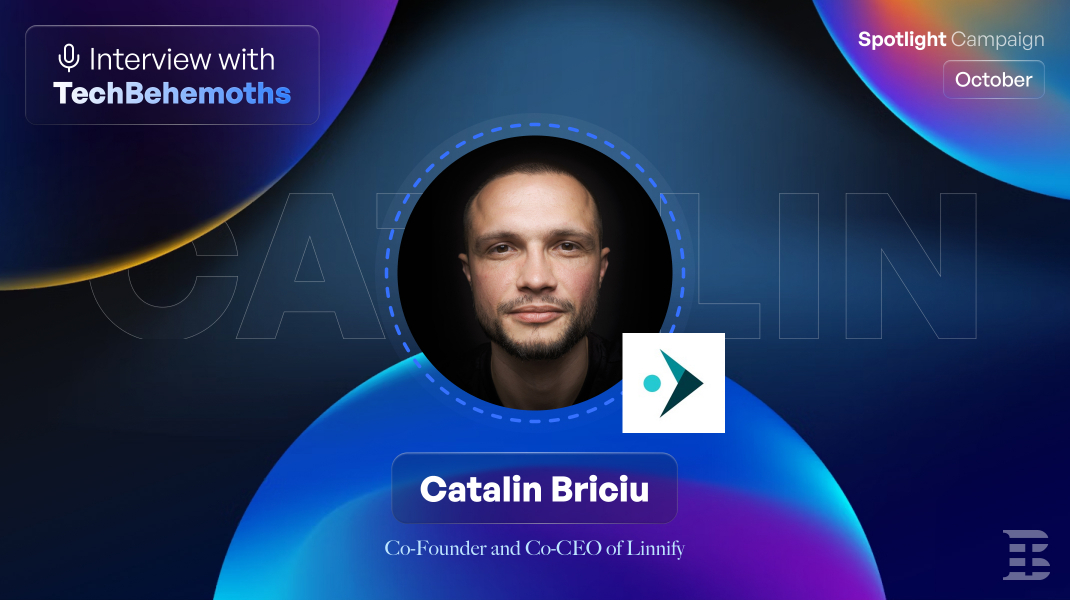
Summary
In this exclusive interview, Catalin Briciu, Co-Founder and Co-CEO of Linnify, shares his journey from a family of entrepreneurs in post-communist Romania to leading a global innovation company with offices in Cluj-Napoca and Austin. A Forbes 30 Under 30 alumnus and host of the A Day in the Future podcast, Catalin discusses the power of validation in product development, Linnify’s evolution from a student startup to a trusted tech partner, and his vision for simplifying life through innovation.
Welcome to this exclusive interview with Catalin Briciu, Co-Founder and Co-CEO of Linnify.
With a background in law, business, and product strategy, Catalin has guided Linnify’s growth into a global technology partner. He’s also a Forbes 30 Under 30 alumnus and the voice behind the A Day in the Future podcast, where he explores how innovation and technology reshape how we live and work.
Thanks for joining us, Catalin!
To begin, please tell us about yourself - your childhood, education, and how your background in law, business, product strategy, and other experiences guided you to where you are today.
I grew up in a family of entrepreneurs in Romania. In the late 1990s and early 2000s, my parents would leave early in the morning to sell clothes in local markets, a form of grassroots entrepreneurship that was quite common in post-communist Romania. Later on, they moved into construction, where I witnessed firsthand what it truly means to navigate uncertainty, adapt constantly, and work relentlessly to build something meaningful.
That environment shaped my perspective early on. It taught me that entrepreneurship is not about glamour; it is about grit, resilience, and a willingness to reinvent yourself.
Academically, I was passionate about math, physics, and chemistry throughout middle school. I even competed nationally, but I made an unexpected pivot toward humanities in high school. That decision, while something I sometimes reflect on, ultimately led me deeper into economics and law, two fields I pursued in parallel at university. I graduated both in the top five percent of my class, with full scholarships, and later completed master’s programs in international business.
These diverse disciplines trained me to think in structured systems while also encouraging me to challenge them creatively. Whether it is law, business, or product strategy, I have always been fascinated by how different fields can intersect to create solutions people truly need. That mindset eventually led to co-founding Linnify, with the purpose of simplifying life through innovation.
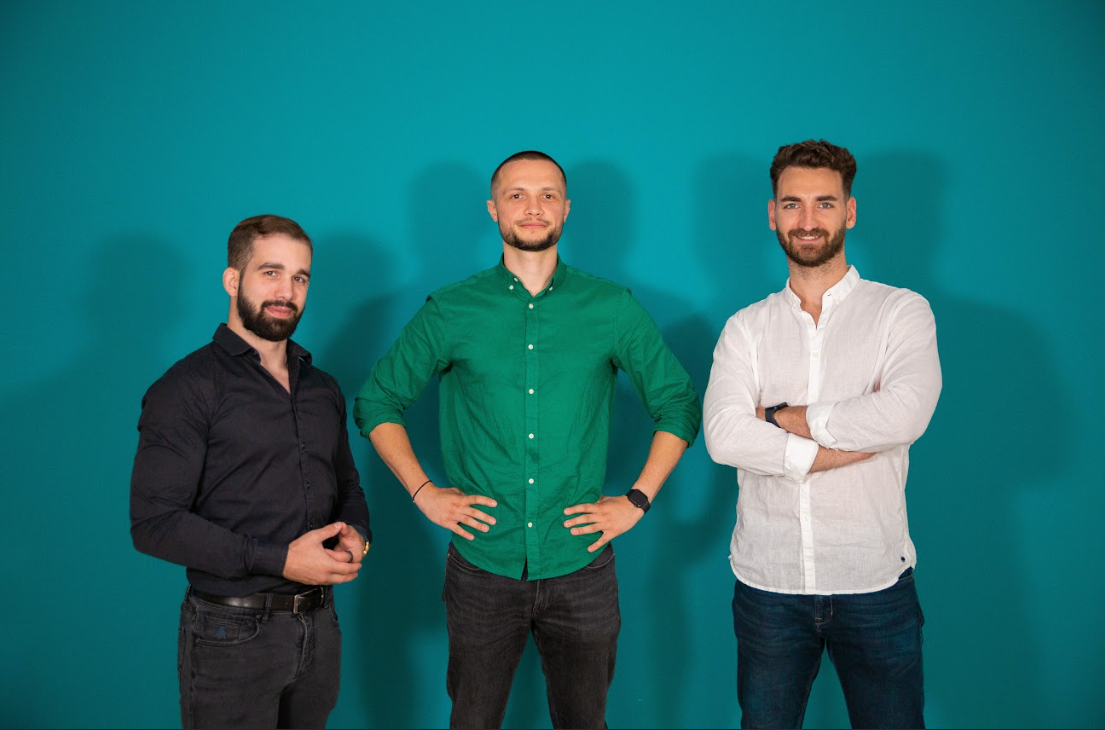
Alexandru Bogdan (co-Founder and co-CEO), Catalin Briciu (co-Founder and co-CEO), and Razvan Bretoiu (co-Founder and CTO)
What inspired you to start Linnify back in 2016? Was there a particular moment that pushed you to take that step, and how would you describe Linnify’s mission today to someone hearing about it for the first time?
Linnify started as an idea between three friends: me, Răzvan, and Alex. We had always talked about building something together, and during our third year of university, while living in the same apartment, that intention started to take shape. It was our version of the classic startup-in-a-garage story, just set in a small Romanian apartment instead of Silicon Valley.
The turning point came when we received our first inquiry for custom software development from a contact in Berlin, a family acquaintance who believed in us enough to give us a real opportunity. Around the same time, Răzvan had just returned from an exchange program in France, where he identified a market gap in how groceries were being delivered. That insight turned into our first startup, deliverMe: a local grocery delivery marketplace that connected people to supermarkets around them.
That project became our launchpad and set the foundation for Linnify.
Today, our mission has evolved, but the core remains the same. We are here to deliver exceptional value: to our people, to our partners, and to our clients. In everything we do. Our purpose, however, continues to guide us just as strongly as it did on day one: simplifying life through innovation.
Linnify is known for its validation-first approach, with the Validation Playbook at the core. What does that really mean in practice, and why is it so important?
The validation-first approach is our way of reducing the risk of putting time, money, and effort into building something the market does not actually need or want.
In practice, it means focusing on the problem before jumping into the solution. We work to validate real user needs early on, so we avoid wasting resources on features or products that miss the mark. It is about being intentional from day one.
This approach takes different shapes throughout the product development journey. In the discovery phase, it guides how we structure research, frame hypotheses, and define success. During design, it helps us stay focused on usability and actual user behavior rather than assumptions. In development, it informs prioritization and enables lean releases that test core assumptions. Even after launch, it drives continuous improvement through structured feedback loops and iteration.
The Validation Playbook helps make this mindset operational. It brings together strategy, research, prototyping, and testing in a way that makes decision-making faster, clearer, and more grounded in reality.
This framework is leveraged both by startups, who need to move fast and make every investment count, and by enterprise teams, who face the challenge of driving innovation without disrupting their core business. In both cases, validation brings clarity, reduces risk, and accelerates real progress.
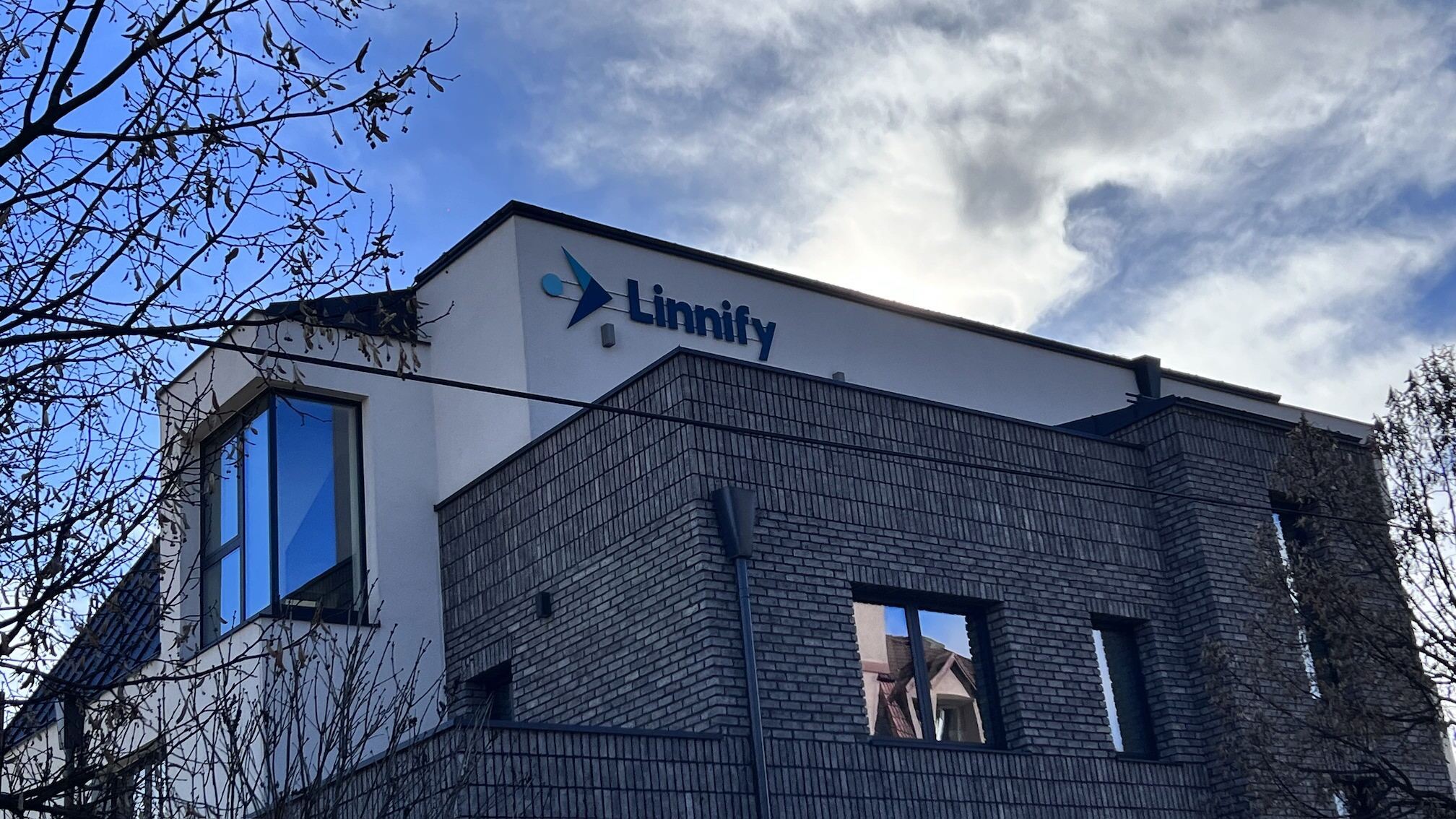
What are the biggest risks companies face when building digital products too fast without proper validation?
The core risk is spending money instead of investing capital. There is a fundamental difference between the two. Spending means throwing resources at a solution that looks impressive but fails to solve a real problem. Investing means putting capital to work in a focused way to solve a validated need in the market.
When companies skip validation, several risks tend to surface.
First, they build on false assumptions. Without testing the core problem or the value proposition, teams often end up creating products no one truly needs or understands. For example, we have seen platforms with dozens of features launched all at once, only to realize that users only cared about one or two of them, if any.
Second, stakeholder alignment breaks down. Without external validation, product teams, leadership, and investors may push the product in different directions. This leads to confusion, rework, and slow decision-making.
Third, there is a high risk of misallocating development resources. Engineering teams may spend months building features that are not used. This not only delays time to market, but also burns through capital that could have been used to explore a better opportunity.
Fourth, poor market reception becomes likely. Without validating usability and demand, the launch may fall flat. Low activation rates, poor engagement, and high churn are all symptoms of this.
Finally, a bad launch can impact brand reputation. Whether you are a startup or an enterprise, credibility is hard to earn and easy to lose. A rushed product that does not deliver value damages trust.
At Linnify, we see this across both early-stage ventures and innovation teams inside large companies. In both settings, validation changes the game. It brings discipline to the process, keeps the focus on what truly matters, and turns product development from a cost center into a value-generating investment.
Your team has delivered over 80 digital products across industries. Is there a project that you feel best showcases Linnify’s impact or one that you’re especially proud of?
We are proud of every project we have been part of over the years, but it is often most meaningful to highlight something recent that reflects both our impact and evolution.
One example is our collaboration with a market leader in paints, coatings, and industrial manufacturing in Romania. They approached us after struggling to implement an AI agent that could reliably handle customer conversations. Despite several attempts using off-the-shelf tools and internal initiatives, the results fell short. The core issue was the complexity of their product catalog and the need to provide expert-level guidance to customers.
We helped them define, design, and develop a tailored multi-agent AI system. The objective was not only to automate conversations, but to offer intelligent support that understands the nuances of their product offering and provides relevant solutions in real time.
What made this project stand out was how we applied our validation-first mindset to an AI-driven context. We built a real-time evaluation system to track and assess performance across alpha, beta, and production stages. This gave our AI engineering team immediate insight into how the agents were performing and allowed for fast iteration on architecture, data ingestion, and prompt engineering.
This project is special to us because it brought our validation approach into agentic development. It proved that our methodology works beyond traditional digital products and has real value in highly dynamic, AI-powered environments.
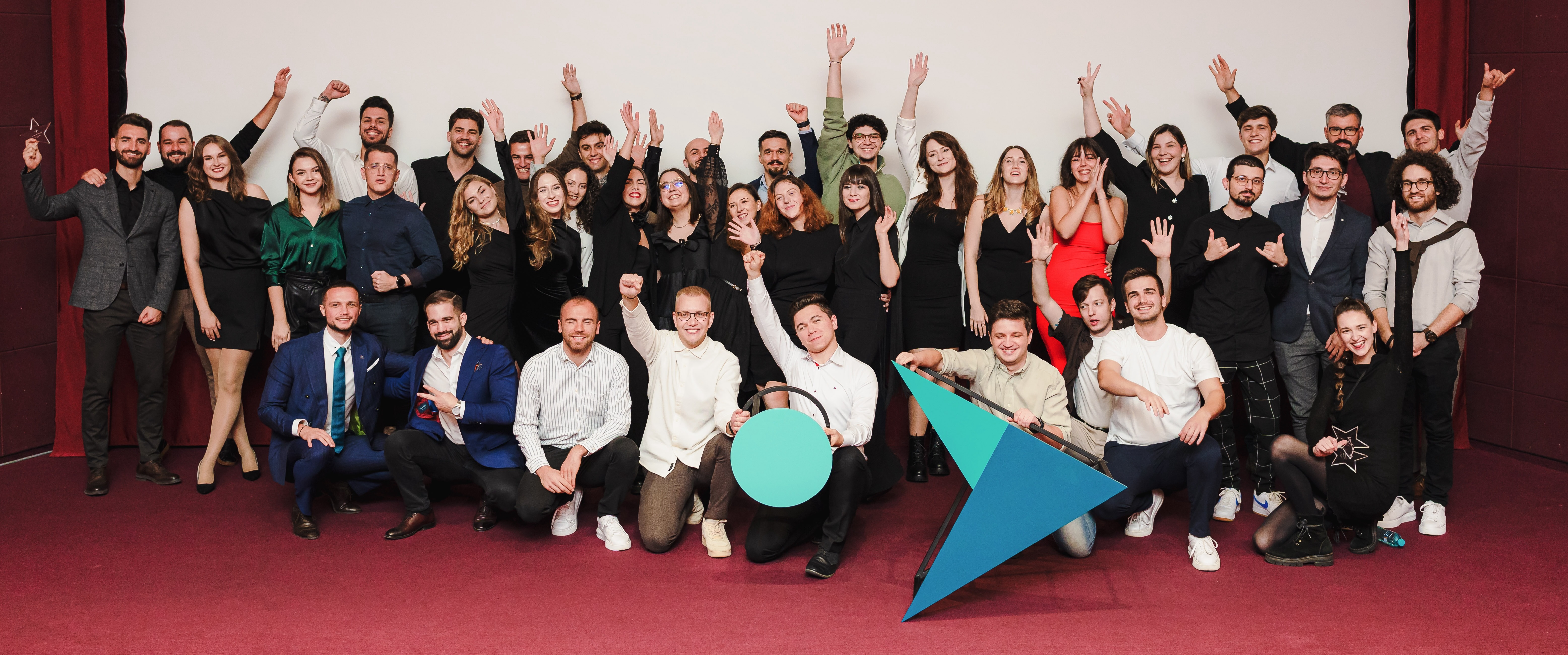
Linnify’s 7th Anniversary Celebration, 2023
Linnify has expanded internationally, with an office in Austin. What led you to expand to the U.S.? How has this presence influenced your growth, and what challenges did you face along the way?
Our journey in the United States started back in 2017 when we signed our first client through UpWork. They were based in Orlando, Florida, and that collaboration became one of the most formative experiences for our team. It helped us understand the pace, expectations, and mindset of the American market. It also taught us the importance of adapting quickly to perform at the highest level.
As our client base grew, we realized that in order to build lasting relationships, we needed to be present. We wanted to understand our clients better, respond faster, and create more meaningful partnerships. Having people on the ground was the natural next step.
We chose Austin after combining personal experience with strategic thinking. In 2021, I visited Austin during the pandemic and immediately connected with the spirit of the city. The Southern hospitality, the openness of the tech community, and the culture of collaboration stood out. On top of that, the food and lifestyle made it a city where people genuinely enjoy living and working.
Initially, we considered San Francisco and New York, but after spending time in Austin, a third option appeared. It made more sense for us. Austin offered a better balance in terms of cost, market timing, competition, and cultural fit with our team. It felt like a city where a company like Linnify could truly belong and grow.
Opening the U.S. office helped us expand our reach and mature into an international brand. Still, the journey came with challenges. We had to reposition our brand for a different audience, learn to communicate our value in a new way, and earn trust in a highly competitive environment. Contracting locally, navigating legal frameworks, and building awareness from the ground up required significant effort.
What helped us overcome these challenges was staying true to our core values. We approached the U.S. expansion with the same validation-first mindset we apply in product development. We listened, tested, iterated, and improved. Most of all, we were supported by a network of incredible partners across the United States, from Texas and California to New York, Chicago, and Washington. Their trust and collaboration played a vital role in helping us grow the Linnify presence across the Atlantic.
This expansion has shaped us as a company. It has challenged us to think globally, act locally, and stay committed to delivering exceptional value.
You’ve been recognized in Forbes 30 Under 30 Romania. How did that milestone impact your career and your approach as a leader?
Being named in Forbes 30 Under 30 Romania was a humbling experience. More than anything, it made me appreciate the people who helped shape my growth over the years. Behind every milestone is a network of mentors, teammates, and supporters who believed in me and challenged me to keep improving. That recognition reminded me that no achievement is ever truly individual.
At the same time, it has added credibility and trust to my personal brand. It opened doors to conversations, partnerships, and collaborations that may not have been possible otherwise. Right now, I am participating in the global Forbes 30 Under 30 Summit, which has become another opportunity to connect with talented people from around the world and to learn from different perspectives.
As a leader, the experience deepened my belief that who you build with matters more than anything else. Leadership is not just about vision. It is about empowering others to lead, to grow, and to achieve things they may not have thought possible. That has become a central part of how I lead today. Not just driving progress, but multiplying potential in others.
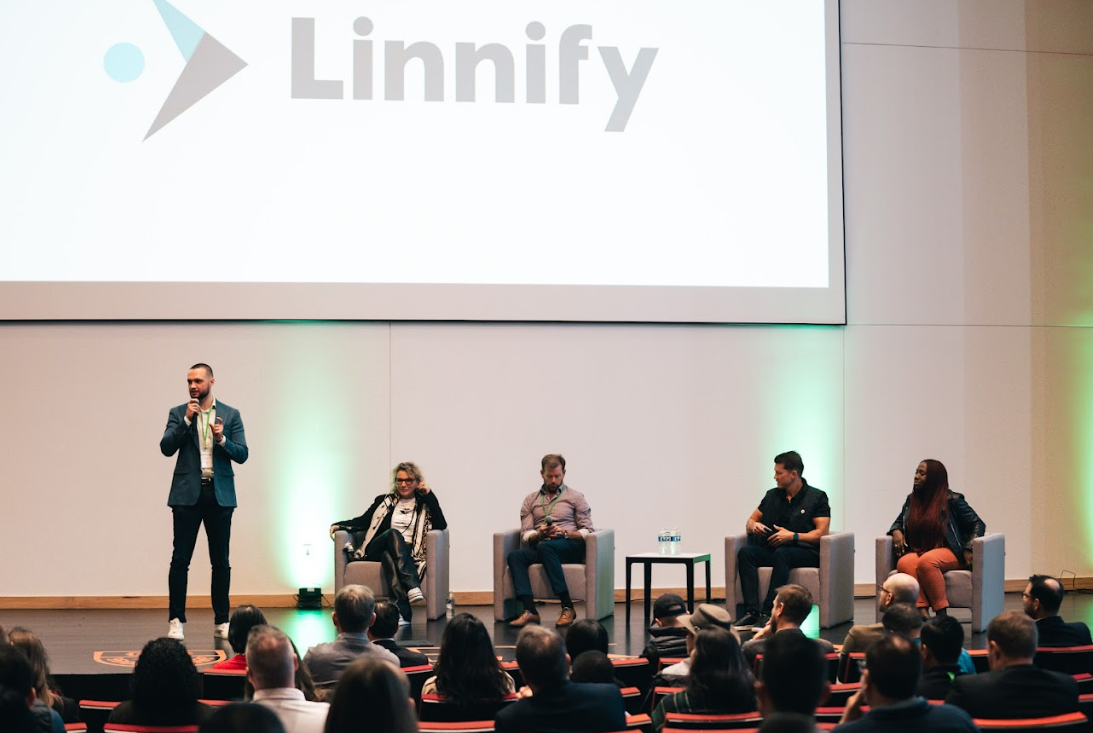
Award moment – Austin, TX
Hosting A Day in the Future shows your curiosity about innovation. What’s one guest or conversation that really surprised you and influenced your own vision of the future? And if you could invite anyone, past or present, to the podcast, who would it be and why?
Each episode of A Day in the Future has taught me something new. Every guest brings their own expertise and perspective, which has helped me grow as much as it has inspired our listeners. But one conversation that truly surprised me was with Elio D’Anna. I had read his books, The Technology of the Dreamer and School for Gods, in the year before our recording, and his approach to life had already left a deep impression on me. Having him on the podcast felt surreal. Recording that episode was a moment of gratitude for me. Even now, whenever I need to ground myself in the core belief that reality is a reflection of our inner world, I go back and listen to that conversation. It reminds me why I started the podcast in the first place.
That experience influenced my vision of the future by reinforcing the idea that whatever you put your mind to can be brought into life, as long as it comes from a place of authenticity and integrity. It made me even more aware of how inner clarity and intention shape the innovations we bring into the world.
If I could invite anyone from the past, it would be Nikola Tesla, and from the present, Elon Musk. Tesla imagined a world of limitless, wireless energy and saw technology as a spiritual extension of human potential. Musk, on the other hand, is building that future at breakneck speed, from colonizing Mars to rewiring how we think about AI, energy, and transportation. Having them on the same episode would be electric in every sense. I imagine Tesla speaking in metaphors about frequency and vibration, while Musk would challenge him with first-principle thinking and execution frameworks. It would be a conversation between vision and velocity, between the poetry of invention and the pragmatism of scaling. I think it would push the boundaries of how we define innovation and what it truly means to shape the future.
If you were to predict Linnify’s future, what would it be?
I do not see the future as something to be predicted. It is something we are here to create. Linnify’s future is not up to chance. It is in our hands, and it will be built through the vision, discipline, and courage of our team.
The direction is clear. We will continue to simplify life through innovation. That has always been our purpose, and it remains at the center of everything we do.
Artificial intelligence is currently the catalyst that enables us to deliver on this mission faster and more effectively, through services and new products. But technology is only part of the equation. What truly defines our future is how we use that technology to improve the human experience.
I envision a world where Linnify becomes the first name people think of when they want to bring their most ambitious ideas to life. Whether it is in health, education, or well-being, we want to be the ones who help bold innovators shape the future into something deeply valuable for life as humankind
When you're not working, how do you like to spend your free time? What movie or food do you love the most?
Enjoying time with my family is what I value most. My wife and my son bring a deeper meaning to everything I do. We love to travel together, explore new places, visit zoos and parks, share meals, and just enjoy the simple moments. I also love spending time with our extended family and close friends. They keep me grounded and energized.
Staying active is another big part of my life. I run, play basketball and tennis, and practice kickboxing. Physical movement helps me stay focused and connected with myself. Meditation is also part of my daily routine. It keeps me centered and supports how I show up both personally and professionally.
As for movies, La Vita è Bella is my all-time favorite. It captures the power of love, imagination, and gratitude in the face of adversity. But I also indulge in anything made by Quentin Tarantino, Christopher Nolan, or Guy Ritchie.
When it comes to food, I genuinely love it all. From street food to fine dining, I enjoy trying everything. But my childhood guilty pleasure is still pancakes, in all shapes and forms.
Catalin, if you had a personal AI assistant to handle one part of your life, what would you let it do?
I would delegate my scheduling entirely. Setting, rescheduling, and updating meetings in a way that actually understands my priorities, energy levels, and the context behind every interaction would be incredibly valuable.
Just like a great human assistant, it would need to operate like a second brain. Not just manage time, but protect and optimize it. That kind of intelligence would give me more space to focus on what matters most: people, strategy, and creating meaningful outcomes.
Finally, what advice would you give to founders starting today, based on the experience you have now that you didn’t have when you started on your own?
Start with passion, end with outcomes.
You need passion for solving a real problem, that is what keeps you going when it gets difficult. And it will get difficult. At the same time, you need to measure outcomes from the very beginning. That is how you make sure you are building a business, not just an expensive hobby.
If anything were possible, what would you do with passion and be able to generate real outcomes?
What is stopping you from doing that?
Taking a look in the mirror helps.